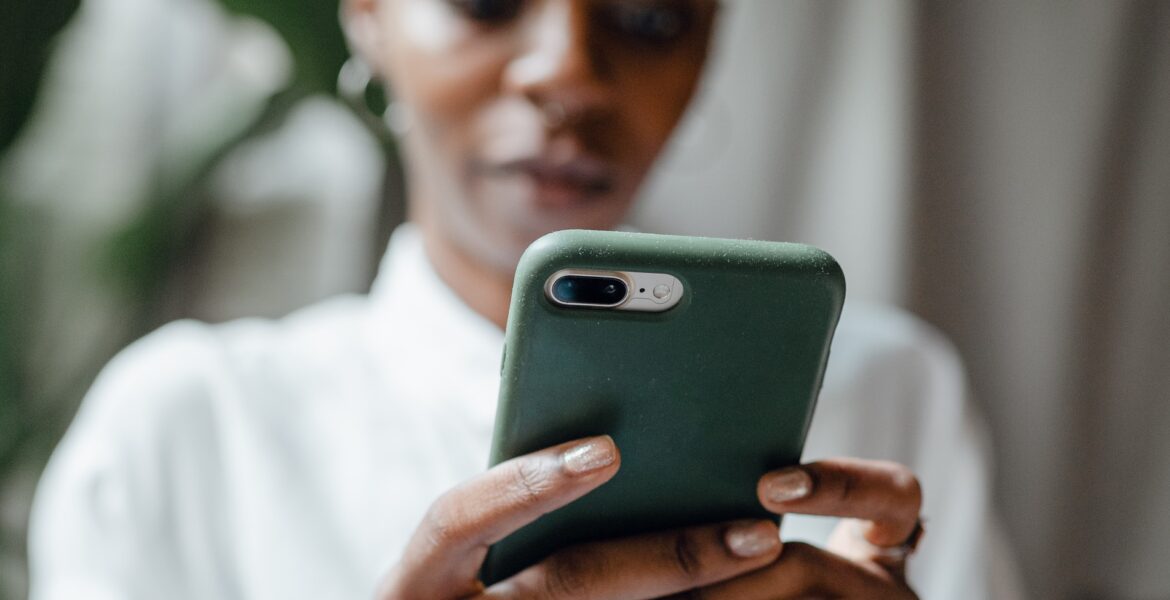A global digital well-being study finds that Botswana has the least affordable mobile Internet in Africa Out of all index pillars, the country’s weakest spot is e-security, which needs to improve by 770% to match the best-ranking country’s result
GAZETTE REPORTER
The fourth annual edition of the Digital Quality of Life Index (DQL) reports that Botswana ranks 106th in the world regarding digital well-being. That is out of 117 countries, or 92% of the global population.
Out of the five fundamental digital life pillars, Botswana’s worst score is for e-security (ranking 109th globally), and the best is for Internet affordability (89th). Botswana’s e-infrastructure services come 97th, while Internet quality and e-government rank 103rd and 107th, respectively.
In the face of waging inflation, fixed broadband Internet has become less affordable worldwide for the second year in a row, prying the global digital divide even further.
Lower end
The DQL study is conducted by the cybersecurity company Surfshark. It evaluates countries based on five fundamental digital well-being pillars: Internet quality, e-government, e-infrastructure, Internet affordability, and e-security. This year, Botswana comes at the lower end of the index, ranking 106th, and not even making it into the top 100 in the final index.
The country ranks 16th in Africa and joins the DQL Index for the first time this year. Out of all index pillars, Botswana’s weakest spot is e-security, which needs to improve by 770% to match the best-ranking country’s result (Greece).
Very weak Internet quality
Botswana’s Internet quality, considering Internet speed, stability and growth, ranks 103rd in the world and is 30% worse than the global average. Regarding Internet speed alone, Botswana’s mobile Internet ranks higher than fixed broadband in the global ranking, operating at 33.8 Mbps/s (70th globally). Meanwhile, the fixed broadband Internet comes 113rd (13.4 Mbps/s).
Compared to Namibia, Botswana’s mobile Internet is two times faster while broadband is 27% slower. In comparison, Singapore’s residents enjoy mobile speeds up to 104 Mbps/s and fixed speeds of up to as much as 261 Mbps/s – that’s the fastest Internet in the world this year.
Botswana’s Internet is not affordable
Botswana’s Internet affordability ranks 89th in the world. Residents can buy 1GB of mobile Internet in Botswana for 163 minutes 33 seconds of work per month 279 times more than in South Africa. However, compared to Israel, which has the most affordable mobile Internet on the planet (5s per 1GB), Batswana work 1995 times more.
Fixed broadband costs Botswana’s citizens around 5 hours 53 minutes of their precious working time each month. To afford it, Batswana have to work 18 times more than Israeli citizens for whom the most affordable package costs only 19 min of work monthly.
Global digital divide now deeper than ever
Globally, broadband is getting less affordable each year. Looking at countries included in last year’s index, people have to work six minutes more to afford broadband Internet in 2022. In some countries, such as Ivory Coast and Uganda, people work an average of 2 weeks to earn the cheapest fixed broadband Internet package.
The same trend was observed last year. With the current inflation, the pressure on low-income households that need the Internet has become even heavier. Surfshark’s study also found that countries with the poorest Internet connection have to work for it the longest.
“While countries with a strong digital quality of life tend to be those of advanced economies, our global study found that money doesn’t always buy digital happiness,” explains Gabriele Racaityte-Krasauske, Head of PR at Surfshark.
“That is why, for the fourth year in a row, we continue analysing the Digital Quality of Life to see how different nations keep up with providing the basic digital necessities for their citizens. Most importantly, our research seeks to show the full picture of the global digital divide that millions of people are suffering from.”
The best and the worst countries to live in
Overall, 7 out of 10 highest-scoring countries are in Europe, which has been the case for the past three years. Israel ranks 1st in DQL 2022, pushing Denmark to the second place after its two-year lead. Germany ranks 3rd, and France and Sweden round up the top five of the 117 evaluated nations. The DRC, Yemen, Ethiopia, Mozambique, Cameroon are the bottom five countries.
Regionally, the US stands out in the Americas as a country with the highest digital quality of life while Israel takes the leading position in Asia. Among African countries, people in South Africa enjoy the highest digital life quality. In Oceania, New Zealand takes the lead outperforming Australia in various digital areas this year.
Methodology
The 2022 DQL research examined more than 7.2 billion people regarding five core pillars and 14 underpinning indicators that provide a comprehensive measure. The study is based on the United Nations open-source information, the World Bank, Freedom House, the International Communications Union, and other sources. This year’s study includes seven (6%) more countries than DQL 2021, most of which are African countries.

